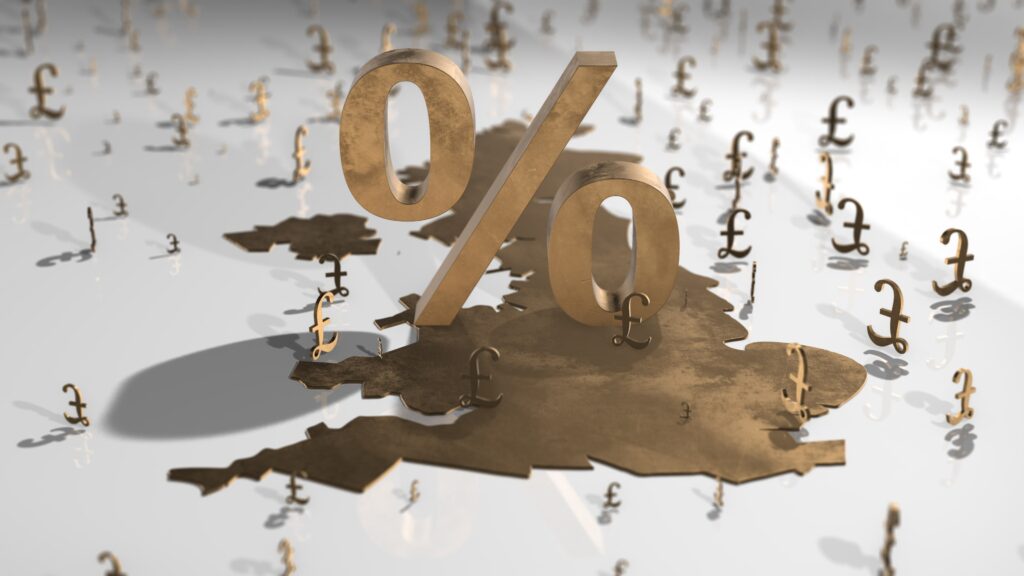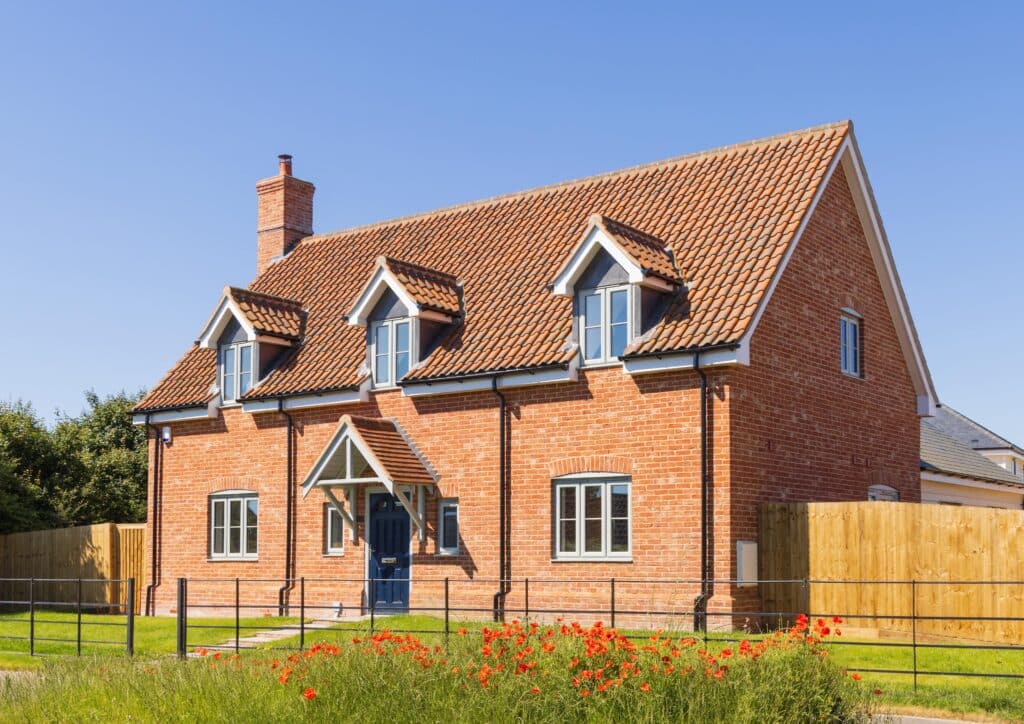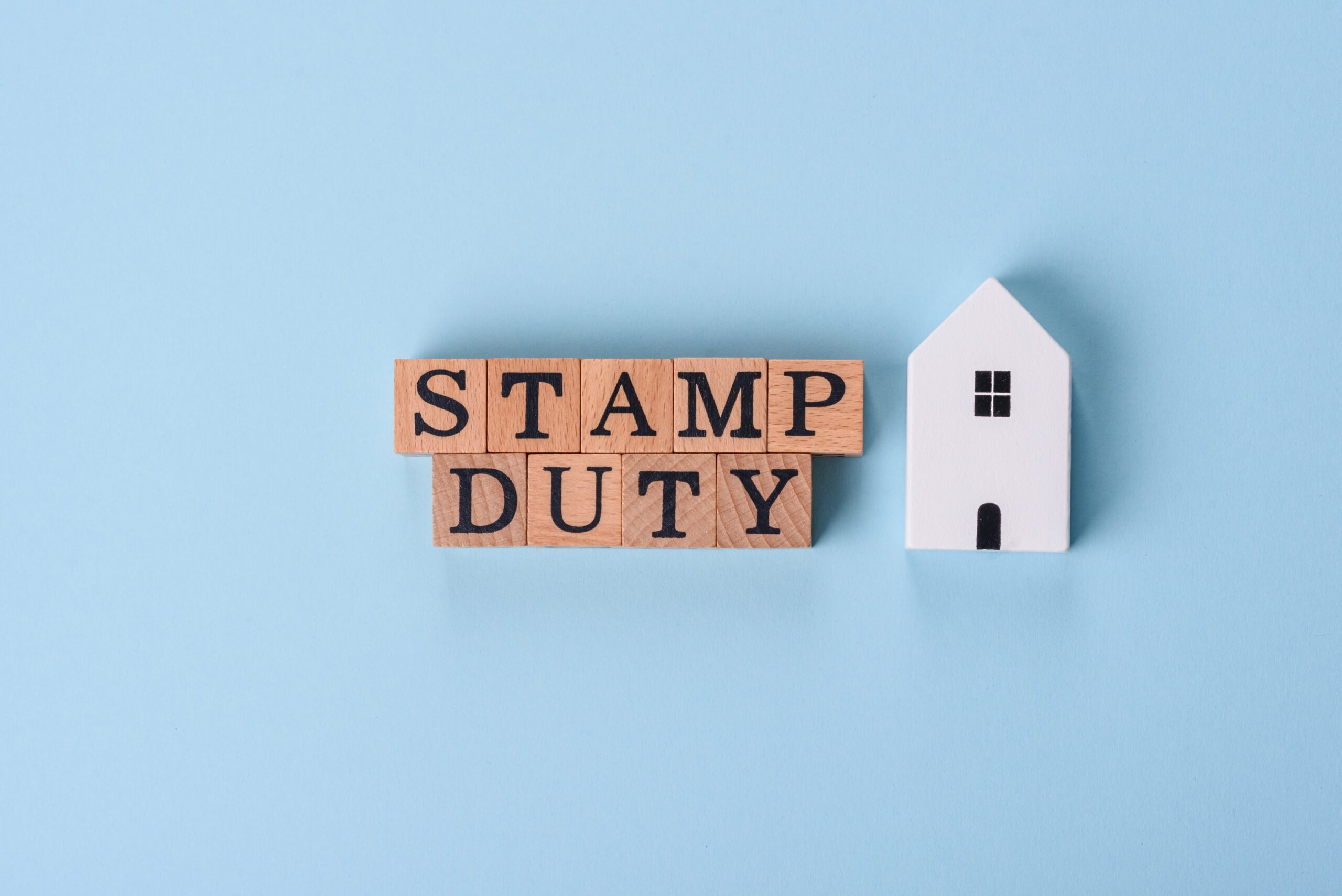Stamp Duty has changed. How much stamp duty will you pay?
Back in 2022, the Conservative government in the UK announced an increase in the threshold for stamp duty land tax (SDLT), which effectively made it cheaper to purchase property for first-time buyers and those purchasing second homes.
However, in 2024, it was announced that the changes in 2022 were only temporary and were reverting to their previous levels on April 1st 2025.
What does this mean, though? How much stamp duty will you pay from April 2025? Continue reading this guide from GD Property Solicitors to find out every detail.
How much stamp duty will I pay?
The previous stamp duty threshold meant that anybody buying a house as their main residence up to the value of £250,000 didn’t have to pay SDLT.
However, the changes – reverting to the original thresholds – now mean you’ll pay a 2% stamp duty land tax on a property that’s valued between £125,001 and £250,000 and 0% on anything lower.
If you’re a first-time buyer, you do not have to pay any SDLT on a property up to the value of £350,000.
Depending on the value of the property you’re purchasing, this can add a few thousand pounds onto your budget.

How is stamp duty calculated?
Stamp duty is calculated in two ways: for main residences and additional properties.
When purchasing your main residence – your only property – the thresholds and charges differ compared to if you’re buying an additional property.
For your main residence, here are the current thresholds and payments in 2025:
- Property value up to £125,000 – 0%
- £125,001 to £250,000 – 2%
- £250,001 to £925,000 – 5%
- £925,001 to £1.5 million – 10%
- Over £1.5m – 12%
Based on these figures, if you were to move home and purchase your new property for £175,000, you would be expected to pay £1,000 SDLT. This is because the first £125,000 of the property value is 0%, while the value from £125,001 to £175,000 is charged at 2%.
Remember, though, if this is your first property, you pay nothing if it’s valued at under £350,000.
If you’re purchasing an additional property, these are the thresholds:
- Up to £125,000 – 5%
- £125,001 to £250,000 – 7%
- £250,001 to £925,000 – 10%
- £925,001 to £1.5m – 15%
- Over £1.5m – 17%
Based on these numbers, if your additional property was valued at £450,000, you would have to pay £35,000 SDLT.
When is stamp duty payable?
According to gov.uk, you must pay your SDLT within 14 days of completion of the property purchase.
If you have a conveyancing solicitor, like us at GD Property Solicitors, they’ll send your SDLT return to HMRC and pay the tax on your behalf.
This will then be added to their fees.

Stamp duty exemption
As mentioned above, first-time buyers are exempt from paying stamp duty land tax on properties up to the value of £350,000.
However, there are more instances of exemption that HMRC approves. You do not have to pay SDLT if:
You use alternative property financial arrangements where the alternative financial provider pays SDLT when they buy the property under the arrangements.
No money changes hands for a land or property transfer
Property is left in a will
Property is transferred because of divorce or dissolution of a civil partnership
You buy a freehold property for less than £40,000
You buy a new or assigned lease of 7 years or more, as long as the premium is less than £40,000 and the annual rent is less than £1,000.
You buy a new or assigned lease of less than 7 years, as long as the amount you pay is less than the residential threshold or non-residential threshold of SDLT.
Will stamp duty be abolished?
As things stand, stamp duty land tax is not being abolished in the UK.
However, steps have been made to adjust and reform specific aspects of SDLT, such as the Abolition of Multiple Dwellings Relief (MDR) in June 2024. The MDR provided relief for bulk purchases of residential properties.

AvCan stamp duty be added to your mortgage?
Yes, you can add stamp duty land tax to your mortgage, but it’s often done in two different ways.
If you don’t want to pay your SDLT in a single transaction after the property purchase, you can:
- Borrow a larger amount for your mortgage to cover the cost of the property and the SDLT
- Reduce your deposit to account for the cost of SDLT
For example, if you’re purchasing a property that’s worth £250,000 and you’re not a first-time buyer, you’ll have to pay £2,500 SDLT.
With a £50,000 deposit (20%), you’d need to borrow £200,000 to cover the cost of the property. If you want to incorporate your SDLT payment into this, you can either reduce your deposit by £2,500 or borrow £202,500.
Some people may be reluctant to do this because it can increase their monthly mortgage payments and the interest they must pay for the duration of the mortgage.
As such, most people pay their SDLT with their savings to keep their monthly repayment lower.
Can stamp duty be paid by credit card?
No, you cannot pay your stamp duty land tax with a credit card in the UK.
A law introduced in 2018 prevented HMRC from accepting credit card payments for SDLT. This was aimed at stopping homebuyers from incurring more debt and interest charges on top of the large property purchase and mortgage already acquired.
Here’s how you can pay stamp duty land tax (if your solicitor isn’t processing it for you):
At the Post Office
Debit card
Online or faster payment
CHAPS (Clearing House Automated Payment System)
Bacs (Bankers’ Automated Clearing Services)
Cheque
At your bank or building society
At the post office
Need a conveyancing solicitor?
Are you in the process of purchasing or selling your home? If so, you’ll require the services of online conveyancing solicitors.
At GD Property Solicitors, we’ve helped thousands of people all over the UK complete the sale of their homes and buy their dream homes. We provide an efficient, smooth, and stress-free process backed by years of experience and knowledge of local property laws.
If you need the services of highly qualified conveyancing solicitors, don’t hesitate to get in touch by calling 0161 710 1786.
